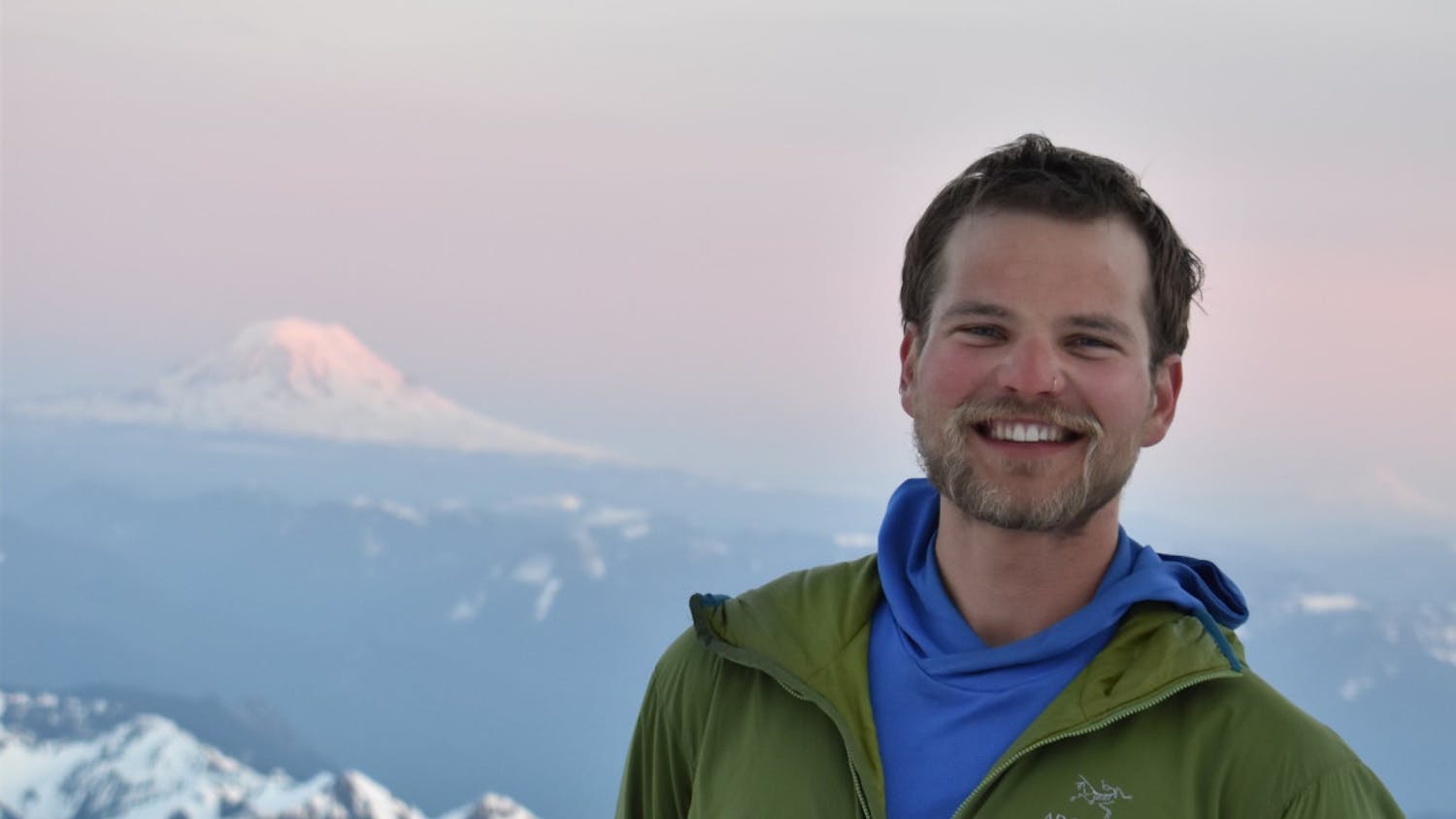By Jacob Carver Eleven cases of antisemitism, including hate speech and the use of swastikas, were reported on campus from spring 2016 to winter 2017, according to a report issued by the Task Force on Preventing and Responding to Antisemitism. The most recent on record happened Feb. 12, 2017. Students in the Fairhaven Complex reported a swastika drawn in condensation on a window according to public records from the incident. The swastika was described by an RA as 1 foot tall and 1 foot wide. The student responsible thought the drawing would eventually fade, leaving no trace, according to the records. Although the student was caught, the record revealed no administrative action or punishment. President Sabah Randhawa put together the task force in spring 2016 to define antisemitism and recommend how to prevent it on campus. “The task force is committed to promoting engagement and dialogue about issues of antisemitism and to including antisemitism within broader discussions focusing on marginalized groups, prejudice and discrimination,” wrote task force member Sandra Alfers, director of The Ray Wolpow Institute for the Study of the Holocaust, Genocide, and Crimes Against Humanity, in an email. As part of the task force’s recommendations, a speaker from the Simon Wiesenthal Center, a Jewish human rights organization, was invited to the university to talk about the definition of antisemitism. Mark Weitzman is the director of governmental affairs for the center. In his presentation, he said Western may be the first university to make and adopt a working definition of antisemitism. Alfers played a major role in bringing Weitzman to campus, and said this definition will help the campus community talk about antisemitism on campus. “All marginalized violence, prejudice and bias at WWU is intolerable – antisemitism is no exception,” Alfers said. The university was unable to locate suspects in most cases, according to the report. If a suspect was caught, the Equal Opportunity Office would meet with the individual and talk with them about the impact of their antisemitic statement, both at Western and in the Bellingham community, according to the report. The task force’s suggestions in their report on how to address these issues on campus ranged from defining antisemitism to adding this conversation into existing conversations. Holocaust historian Deborah Lipstadt will be on campus Nov. 15 to talk about her experiences in a libel trial against a person she said was an active Holocaust denier. Although the court ruled in favor of Lipstadt, the proceedings took five years, according to an article in Western Today. The task force’s intention in bringing such speakers like Lipstadt and Weitzman to campus is to start a dialogue among students about antisemitism and how it affects our campus.





